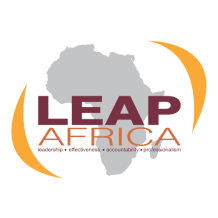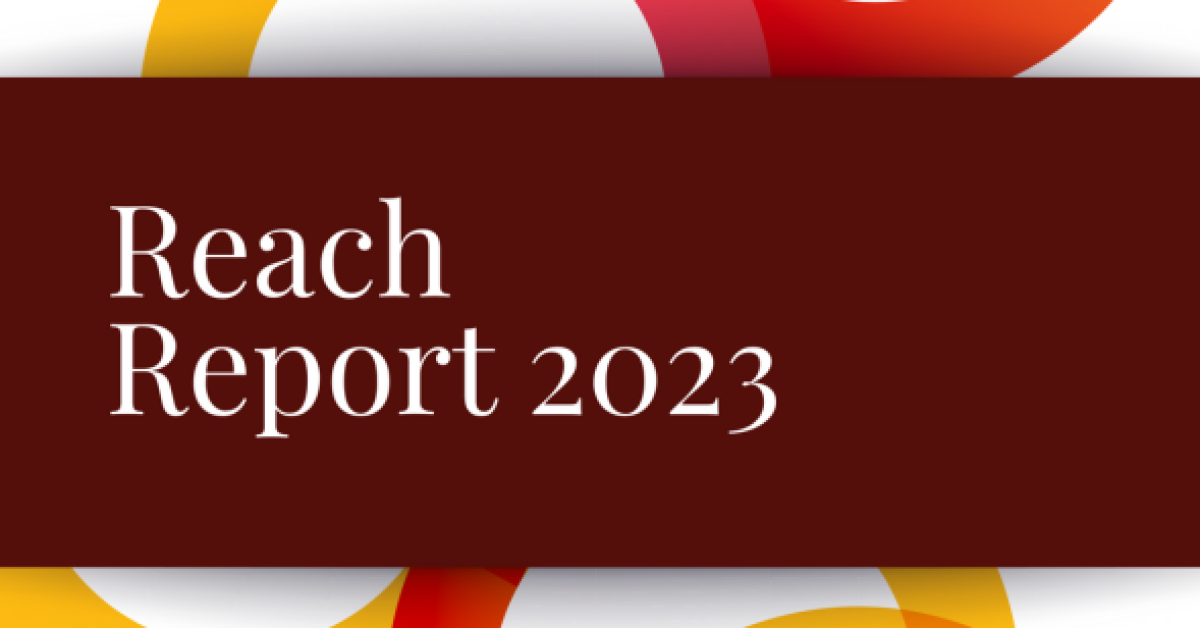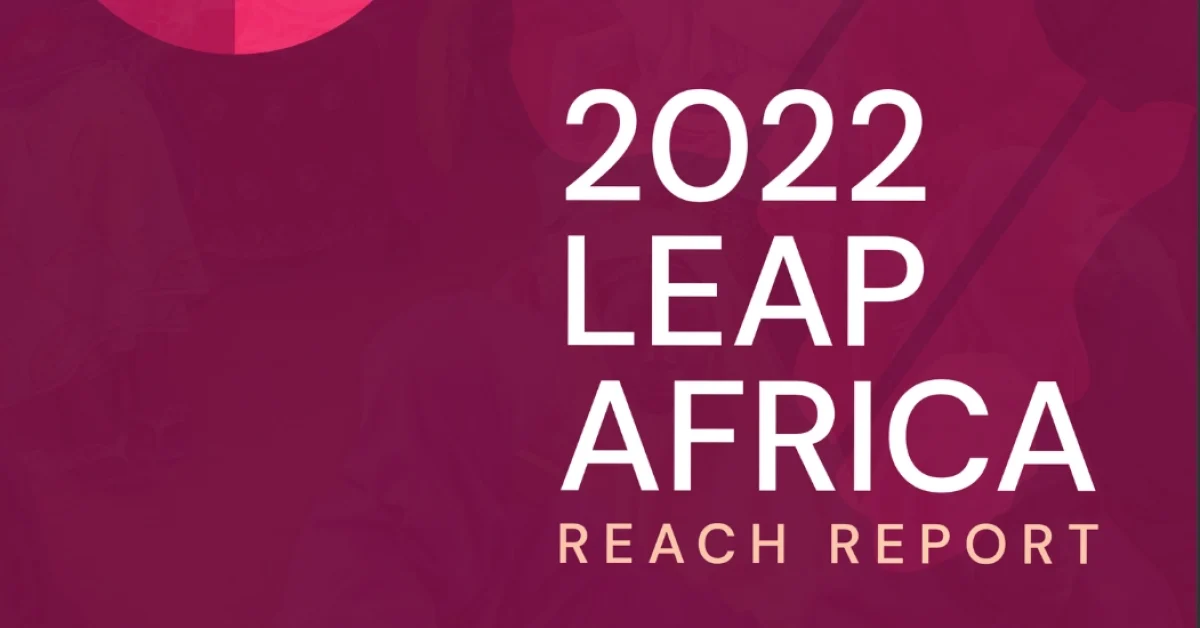Introduction
Imagine young people who perceive themselves as active citizens equipped to lead positive change by creatively solving problems in their communities and beyond. Envisage a nation blessed with vibrant and responsible youth who relate positively with others and their community; a citizenry willing to contribute to community development growth and play their part in the democratic processes. It may only be a fantasy because young people’s chances of becoming active citizens depend on principles and customs that form the nation’s political and social space. A recent study revealed that young people are interested in politics. However, they do not translate this interest into citizenship activities like voting during the elections. It is pertinent that young people develop an interest in participating in responsible political activities and are also allowed active involvement and community participation. Educating youth will help them become active citizens once they understand their rights and responsibilities within society. Teaching citizenship from a young age is essential as young people’s involvement is vital for sustainable community development.
Active citizenship is a demonstration of knowledge, skills, attitude, and actions that contribute to developing and maintaining a democratic society. In preparing young people for active citizenship, the educational system seems to be the best place to begin. With this, they can develop a sense of social responsibility, improve their personal and social skills, tolerate various perspectives different from others, and develop shared goals. After all, this ensures that their understanding of human rights and democracy is strengthened, thereby promoting social integration in society. Hence, the drive for citizenship education for young people to produce a generation of citizens who not only know their rights but understand that they have a responsibility to be tolerant, loyal, courageous, and have a sense of duty to their community and nation.
The Reality
Using Nigeria as a case study, the educational curriculum on civic education seeks to equip its youth with knowledge on making responsible decisions, being aware of their fundamental human rights, and, more importantly, being tolerant and respectful of diversity. However, experience has shown that young people learn from what goes on in their society over time. This influence is stronger than the set of values taught in theory . Although incorporating civic education in the curriculum is an excellent initiative, the task to empower young people to become change leaders and key contributors to their nation begins with a mindset shift. This raises the question of the approach and methodology teachers use to teach citizens education in the classroom. Teachers need to be intentional about delivering the content and embracing various styles and strategies that ensure the teaching is student-centered. Also, the schools’ belief system, structure, and practice can impact active citizenship learning. It should not be limited to curriculum and pedagogy but also the school ‘environments‘ daily routines.
Likewise, young people should be encouraged to build on citizenship education knowledge and skills by providing them with active participation in their schools and communities. Giving young people a voice, sharing their opinions, providing a platform to contribute to decision-making, ensuring that there is equal opportunity for all students, and providing a similar focus on rights and responsibilities can secure a firm foundation for active citizenship. Consequently, teachers can strengthen young people’s active citizenship through experiential learning to acquire leadership and life skills.
Furthermore, they need good role models in attitudes and behaviors, particularly concerning rights and responsibilities. It is not only about teaching citizenship; it is also about modeling good behavior, helping them feel safe and respected in their communities, and knowing that they are part of a secure and safe community that fosters growth, trust, and collaboration. Just as they are taught to read and write, think critically, and solve problems, they must also be guided in developing valuable qualities for community and nation development. Parents are crucial in helping young people understand active citizenship, either through actions or words. By behaving democratically in their home, parents can give young people the experiences that allow them to understand their responsibilities and know that they also have autonomy over their own lives. Parents need to continually practice respect because young people learn the value of respect in sustaining democratic ideals.
The Opportunity to Lead for Change
LEAP Africa has always been a pivotal contributor to youth leadership development in Nigeria and has implemented several programs like the iLEAD. One of its modules on Becoming an Active Citizen aims to encourage young people to perceive themselves as active citizens who are positioned to contribute significantly to their communities and their nation at large. This, in turn, enables them to reflect on their roles as responsible citizens who understand their rights. They know that they can work with others to plan and execute actions to make a difference in others’ lives and identify areas of improvement in their communities and work towards them. They have a changed mindset and begin to think more about what they can do for their communities and not what their communities can do for them.
Our iLEAD students displayed active citizenship as they could meet a social need through one of our change project activities. For instance, students from Fazil Omar Secondary School, Lagos, Nigeria, initiated a “Footbridge Project” as part of their community development initiative. The students experienced difficulty getting to school because they had to cross a canal using a boat. They had to endure long queues, which resulted in lateness to school. Realizing that the change project was an opportunity to solve this problem, the students, with the support of their teachers and other community members, raised funds to construct the footbridge, allowing them to have easier access to their school. The footbridge was not only beneficial for them but members of their community as well. The bridge brought ease to the community because traders and artisans could conduct business freely without having to worry about crossing the canal with unreliable boats. On account of the implementation of this project, the students were inspired to become responsible and active citizens.
Citizenship education requires critical thinking and problem-solving skills; therefore, a student-centered approach is vital for successful citizenship education. A system to learning centers the student’s voice values the relationship between the student and teacher and treats them as individuals with different needs. Without a doubt, schools make an excellent platform for active citizenship; however, the wider community needs to take responsibility for their actions and their impact on young people. It is worthy of note that families and communities have a significant influence on young people. Therefore, they must be provided good role models in attitude and behavior, particularly concerning rights and responsibilities. Schools and local government authorities can offer a coordinated approach to developing young active citizens by linking schools with community leaders and organizations that provide opportunities for active participation in their community beyond school. Thus, by encouraging young people to understand their role as responsible citizens who can be engaged in their communities, they will develop a positive leadership mindset and its responsibility. The future belongs to the youth because they have a vital role to play in the development of their nation, and it begins now.
by Aderonke Folorunsho



